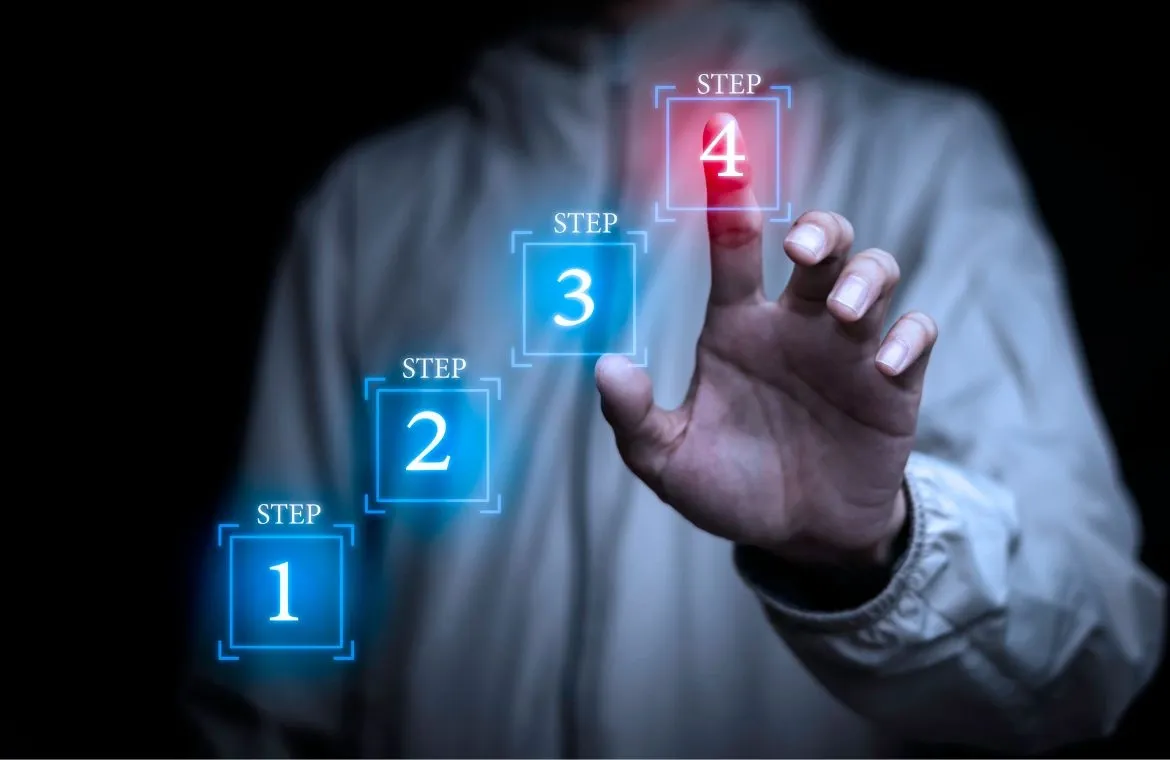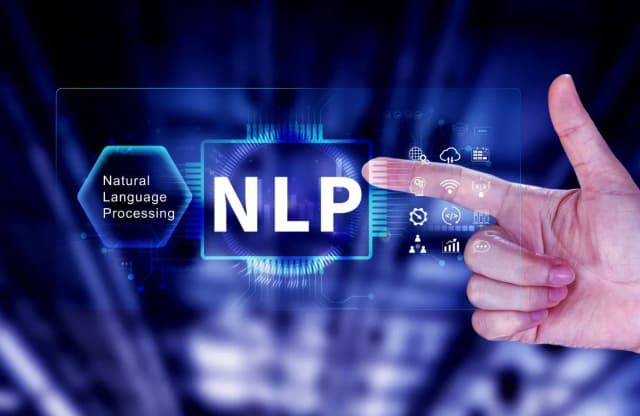AI Readiness Assessment: Your Step-by-Step Business Preparation Guide

Success with AI needs more than just the right tools. You need a detailed AI readiness assessment service that evaluates your organisation's capabilities and outlines the next steps. Companies that succeed with AI follow a well-defined process. This process helps them understand their data setup and their team's skills.
AI in Business: Why It Matters Now
The business world stands on the edge of an AI revolution that experts say will be "bigger than the internet, bigger than electricity". Companies that delay their AI readiness evaluation risk falling behind their competitors.
AI has changed the way businesses operate and compete fundamentally. The technology processes vast amounts of data and identifies problems quickly, enabling companies to take swift action.
What Does It Mean to Be AI-Ready?
AI readiness extends far beyond simply purchasing AI tools or hiring data scientists. It covers complete organisational readiness across multiple areas, creating lasting AI value and adoption.
Matching with business goals
AI readiness starts by connecting AI projects directly to specific business targets. Companies need to shift their view of AI from a mere technical tool to a strategic asset that delivers measurable results. AI readiness means your leadership must build AI into business planning cycles for each unit.
Data-based decision culture
A data-focused culture lays the foundation for AI readiness, yet more than half of companies struggle with this key element. Companies become AI-ready when people naturally use data to inform their decisions, rather than relying on gut feelings or outdated habits. This culture change needs:
- Leaders who actively use and champion data in meetings
- Staff who can access and understand data
- Clear rules for data handling and preparation
System and talent readiness
A comprehensive AI readiness review should examine both technical systems and the skills of the workforce. The technical side needs to assess computing power, data handling capabilities, and how systems interact with each other. Staff readiness encompasses both technical expertise and a fundamental understanding of AI.
Key Components of an AI Readiness Assessment
Your organisation's success with AI implementation depends on the six most critical areas that indicate whether you're ready to build and expand AI solutions.
Data infrastructure and quality
AI success starts with your data ecosystem. You need to look at how you store data, run your pipelines, and manage data governance. AI works with both structured and unstructured data that must flow into centralised, shareable data lakes for unified analysis.
Technology and integration capabilities
Your tech readiness must include both hardware and the methods for integration. You should check if you have sufficient computing power, as AI algorithms require substantial resources. Your existing software platforms should work smoothly with AI tools. The best integration comes from teams that combine technical and business knowledge.
Workforce skills and training needs
Your teams need three types of skills to work with AI:
- Digital skills (technical know-how for AI)
- Professional skills (project management, strategic planning)
- Human skills (communication, adaptability, problem-solving)
Change management and cultural fit
Your teams must know how to adapt to new situations quickly. Effective change management helps individuals understand their evolving roles and performance expectations.
Leadership support and strategic vision
Leaders must champion AI projects and integrate them into company planning. They should commit to ethical AI practices and responsible development.
Ethical and governance frameworks
Your AI governance requires clear data protection rules, methods to mitigate bias, and transparent processes. Teams across departments must work together with defined roles and responsibilities.
Step-by-Step AI Readiness Assessment Checklist
A well-laid-out assessment checklist will help your organisation prepare for AI adoption. Let's get into each key step of this process.
1. Define your AI objectives
Your AI initiatives should line up with your broader business goals. You need to express what challenges AI will solve and how it supports your strategic vision. Research shows that successful AI projects depend on identifying real needs and developing SMART goals—specific, measurable, achievable, relevant, and time-bound. Your organisation should also review competitors' strategies and regulatory landscapes to shape AI alignment with market needs.
2. Assess current IT infrastructure
Your technical foundation needs a thorough review, including processing power, memory capacity, and storage solutions. Ensure that your current systems can handle the computational needs of AI applications and that your network provides reliable connections for AI tasks. The software environments must be compatible with AI frameworks and tools.
3. Evaluate data readiness
Quality data makes or breaks the success of AI. Your data must be accurate, consistent, complete, and timely. Organisations should identify data sources, verify their quality, review relevant policies, and understand the data flow across the company. Data Readiness Assessment Tools can help you verify whether your data meets the specific requirements of your AI applications.
4. Measure cultural and organisational readiness
Your organisation's ability to adapt and cultural preparedness matter greatly. Leaders must demonstrate genuine commitment through their track record of supporting tech initiatives, effective resource allocation, and public endorsements. Evaluate whether your teams make informed decisions versus relying on intuition, and how well departments collaborate.
5. Identify skill gaps and training needs
Current workforce capabilities should match the required AI skills. A skills inventory will map existing competencies and highlight gaps in both technical expertise and supporting skills.
6. Review security and compliance posture
Strong security policies and guidelines protect AI workloads. Your organisation needs proper encryption, authentication, and monitoring that align with its risk tolerance frameworks. You must understand how to use data in accordance with privacy regulations and ensure that legal processing rights are in place.
7. Estimate costs and ROI
ROI calculations use this formula: ROI = (Net Benefits/Total Costs) × 100. Factor in both hard numbers (revenue growth, cost reduction) and soft elements (brand reputation, user experience).
8. Create a roadmap to scale
A phased implementation plan should focus on early wins. Pick projects based on real needs and choose the right tools and support. Your roadmap must demonstrate how AI technology aligns with your organisation's framework, including clear milestones.
Conclusion: Taking Action on Your AI Experience
AI readiness is not a finish line, as it is a launchpad. Knowing where your business stands is the first step. But transforming that awareness into action? That’s where the real opportunity lies.
As the line between human decision-making and machine-driven insights blurs, AI becomes less of a tool and more of a team member. Businesses that embrace this shift early are already reaping the rewards with greater efficiency, faster innovation, and smarter customer engagement.
This is where Generative AI courses come into play. It’s not just about automation, it's about amplification. A well-structured Gen AI course can help leaders and teams build a foundational understanding, demystify the tech, and apply it strategically to real business problems.
So, don’t just assess your readiness, act on it. Learn, adapt, and evolve because the businesses that thrive tomorrow are the ones that prepare today.
Frequently Asked Questions
Q1. What is the AI readiness?
AI readiness refers to an organization’s ability to effectively adopt, implement, and scale AI technologies by assessing its data infrastructure, skills, strategy, and culture, ultimately driving meaningful business outcomes.
Q2. Why is AI readiness important for businesses?
AI readiness is crucial because it helps businesses gain a competitive advantage. Moreover, AI-ready companies report reduced errors, faster growth, and significant time savings in various business operations.
Q3. What are the key components of an AI readiness assessment?
The key components include evaluating data infrastructure and quality, assessing technology and integration capabilities, identifying workforce skills and training needs, measuring change management and cultural fit, ensuring leadership support and strategic vision, and examining ethical and governance frameworks.

TalentSprint
TalentSprint is a leading deep-tech education company. It partners with esteemed academic institutions and global corporations to offer advanced learning programs in deep-tech, management, and emerging technologies. Known for its high-impact programs co-created with think tanks and experts, TalentSprint blends academic expertise with practical industry experience.



